Clearly define the scope of the "digital economy "
Along with the development of science and technology and innovation, digital transformation is identified as one of the new, breakthrough impulses to bring the country to strong development in the new era - the era of prosperity and strength, successfully achieving the goal that by 2030, Vietnam will become a developing country with modern industry and high average income, and by 2045, it will become a developed, high-income country.
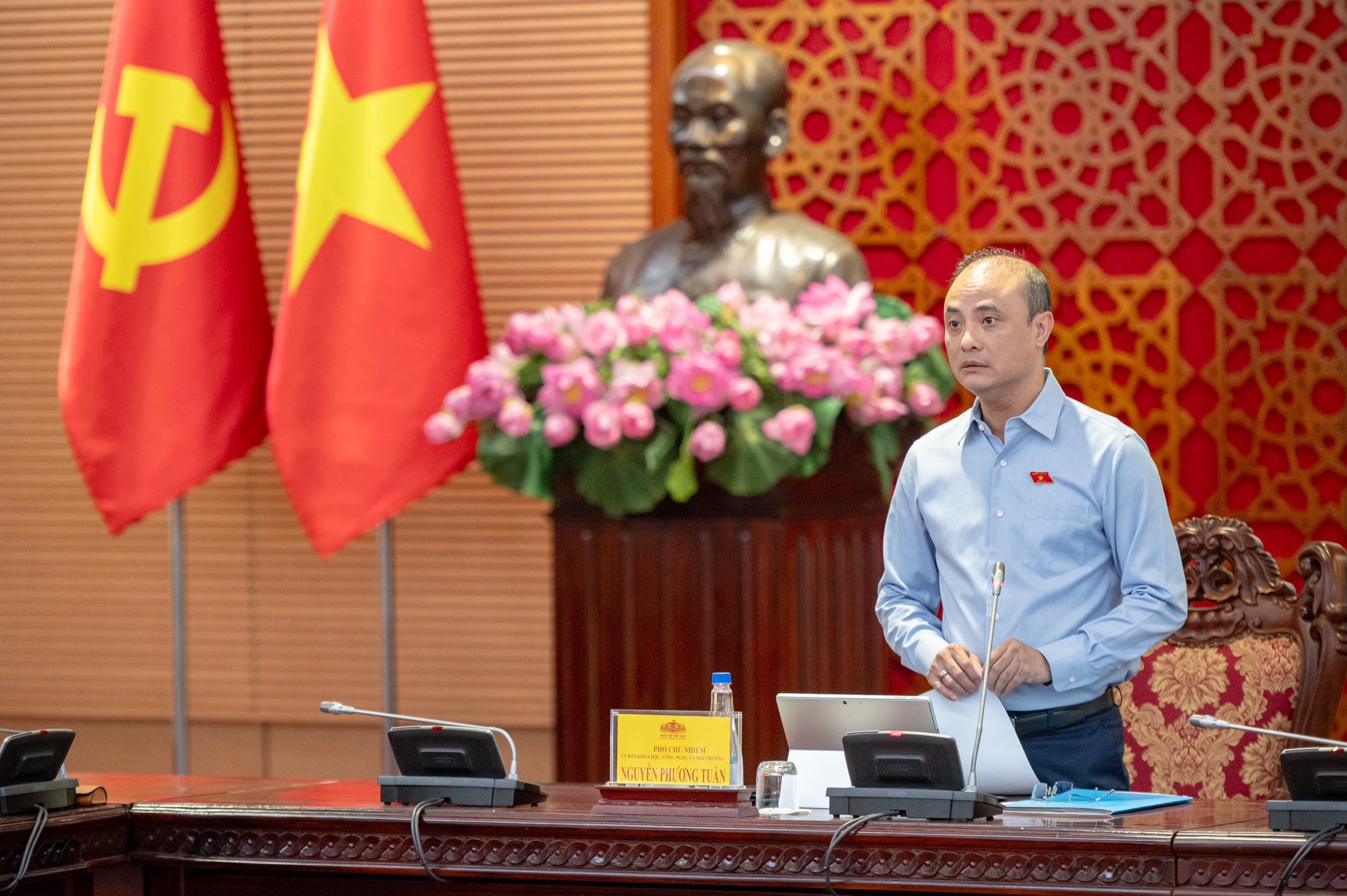
The legal system related to digital transformation has many specialized laws, such as the Law on Digital Technology Industry, the Law on Data, the Law on Electronic Transactions, the Law on Telecommunications, the Law on Network Information Security, etc. However, the regulations are still localized and not seamlessly connected to comprehensively regulate national digital transformation activities. In practice, it is necessary to supplement new regulations to adjust legal gaps arising in the 5-year digital transformation process such as: digitizing the real world, connecting the real and digital worlds into a unified world, digital language, national sovereignty in cyberspace, etc.
At the meeting, delegates basically agreed on the need to develop a Law on Digital Transformation to perfect the legal system on national digital transformation, create an inter-sectoral legal system on digital transformation in industries and fields; regulate the relationship between entities participating in activities in the digital environment; promote the comprehensive digital transformation process; strengthen international cooperation and integration. Delegates also emphasized the view that the draft Law on Digital Transformation is a framework law, inheriting and developing the provisions of current laws that are still suitable for information technology, connecting current laws, and at the same time filling in legal gaps on digital transformation to form a synchronous and comprehensive legal corridor to regulate and promote the national digital transformation process.
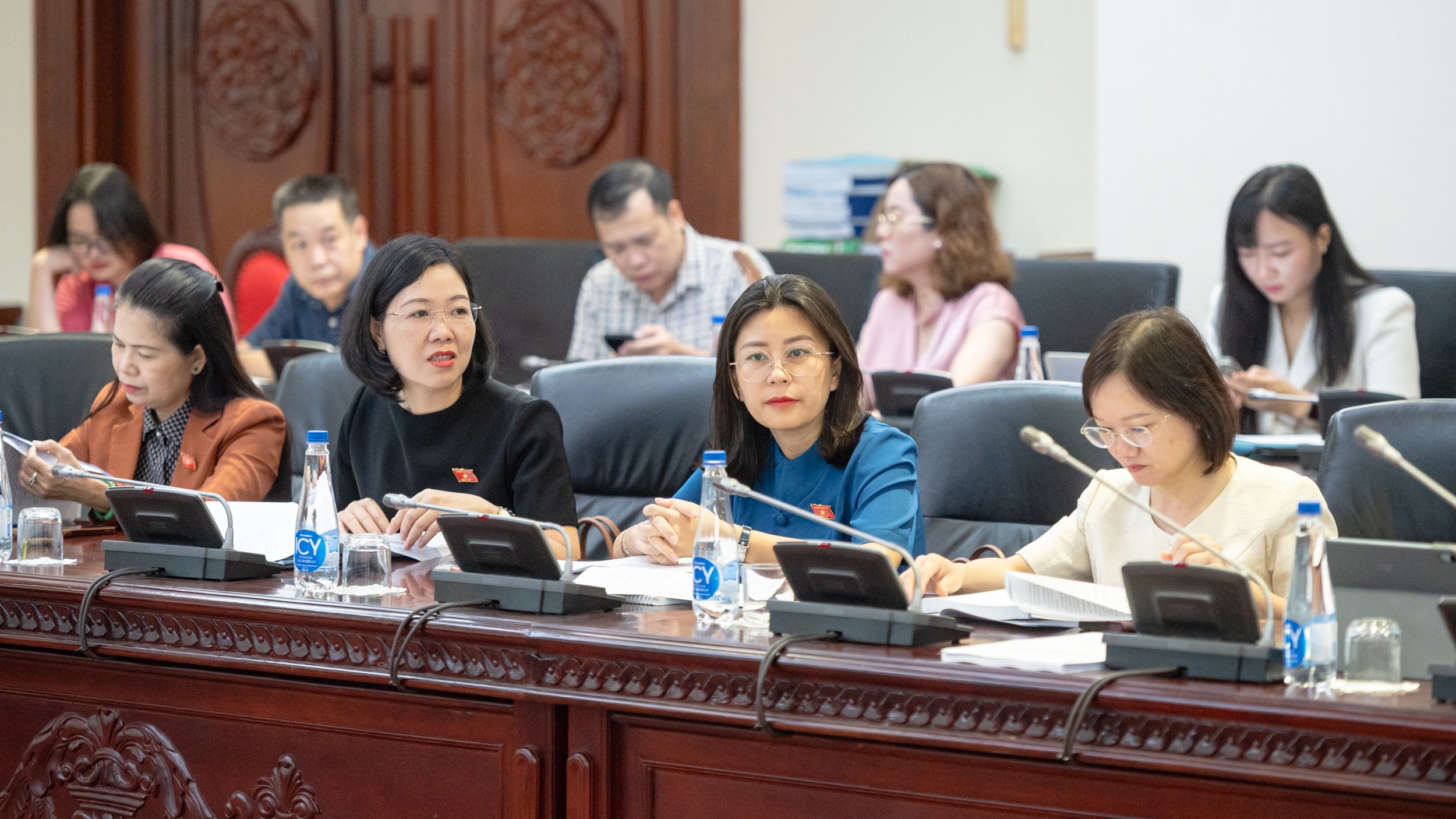
The draft Law devotes a chapter to regulating the contents of the digital economy to manage and promote the development of the digital economy, especially the platform digital economy, the digital economy of industries and fields. In particular, Clause 7, Article 3 of the draft Law stipulates that "the digital economy is a part of the economy, in which production, business, consumption and management rely mainly on digital technology, digital infrastructure, digital data and digital services".
Delegate Nguyen Phuong Tuan, Vice Chairman of the Committee on Science, Technology and Environment, observed that, in essence, the digital economy is a method of carrying out economic activities, to distinguish it from the traditional, direct method. The digital economy includes all sectors and fields of the economy (industry, agriculture, services; production, distribution, circulation of goods, transportation, finance, banking, etc.) developed based on the application of digital technology. The process of carrying out activities in the digital economy has a mix of direct methods and in the digital environment or is carried out entirely in the digital environment but must still be associated with a specific sector or field.
Therefore, according to delegate Nguyen Phuong Tuan, the drafting agency needs to clearly define the scope of the "digital economy" regulated in the draft Law, in order to distinguish it from other aspects of economic management regulated in other relevant laws, such as laws on commerce, e-commerce, consumer rights protection, credit, banking, insurance, etc.
Prioritize development of infrastructure, data, and human resources
National Assembly Deputy Nguyen Chu Hoi (Hai Phong) emphasized that digital transformation is the process of digitizing and integrating digital technology comprehensively into management, production, business and social life, creating a digital environment, interacting with the real environment to change the way of organizing activities, providing services, creating new values; therefore, the draft Law needs to stipulate core concepts such as: digitization, digital copies, digital transformation activities...; state policies; data from physical-digital infrastructure (IOT), promoting comprehensive digitization of the real world and virtual reality connection.
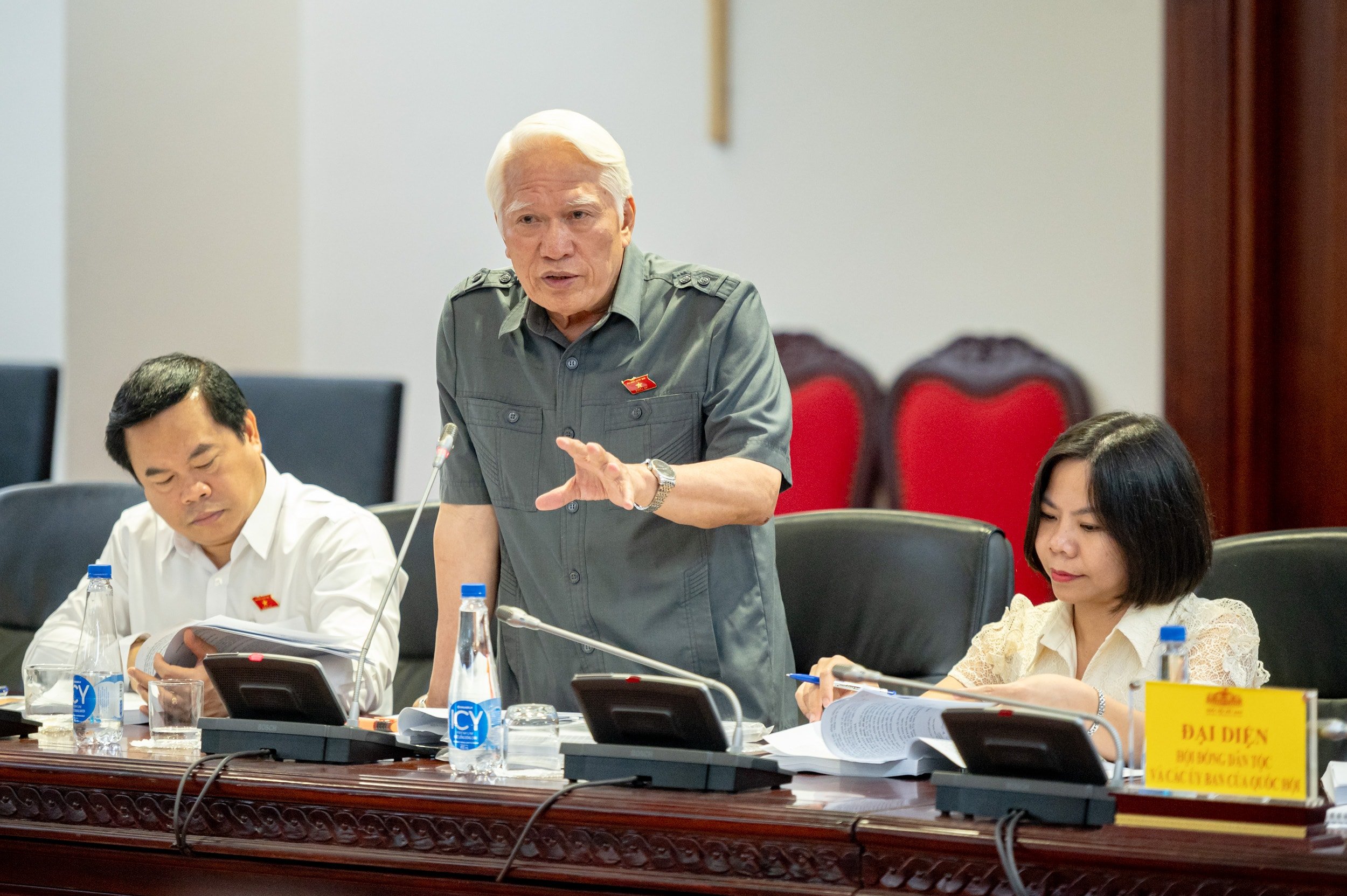
Regarding the State's policy on digital transformation, delegate Nguyen Chu Hoi said that the draft Law needs to affirm the State's major policies, identifying digital transformation as a leading breakthrough; taking people as the center; prioritizing the development of infrastructure, data, human resources and promoting international cooperation as stated in documents such as Resolution No. 57-NQ/TW dated December 22, 2024, Resolution No. 71/NQ-CP dated April 1, 2025...
The draft Law has institutionalized the Party and State's policy on infrastructure development for national digital transformation as stated in Resolution No. 57-NQ/TW, which identifies the components of infrastructure for digital transformation (digital infrastructure, public digital infrastructure, digital technology industry infrastructure); development requirements for infrastructure to ensure synchronization, modernity, and safety to meet the needs of comprehensive digital transformation implementation in Vietnam. Regarding this content, Ms. Nguyen Thi Lan Anh, Deputy Director of the Department of Science and Technology of Lao Cai province, proposed that the draft Law should pay attention to additional State policies on infrastructure development and human resources for digital transformation for ethnic minority areas and areas with particularly difficult socio-economic conditions because there are still many "remote" villages and hamlets.
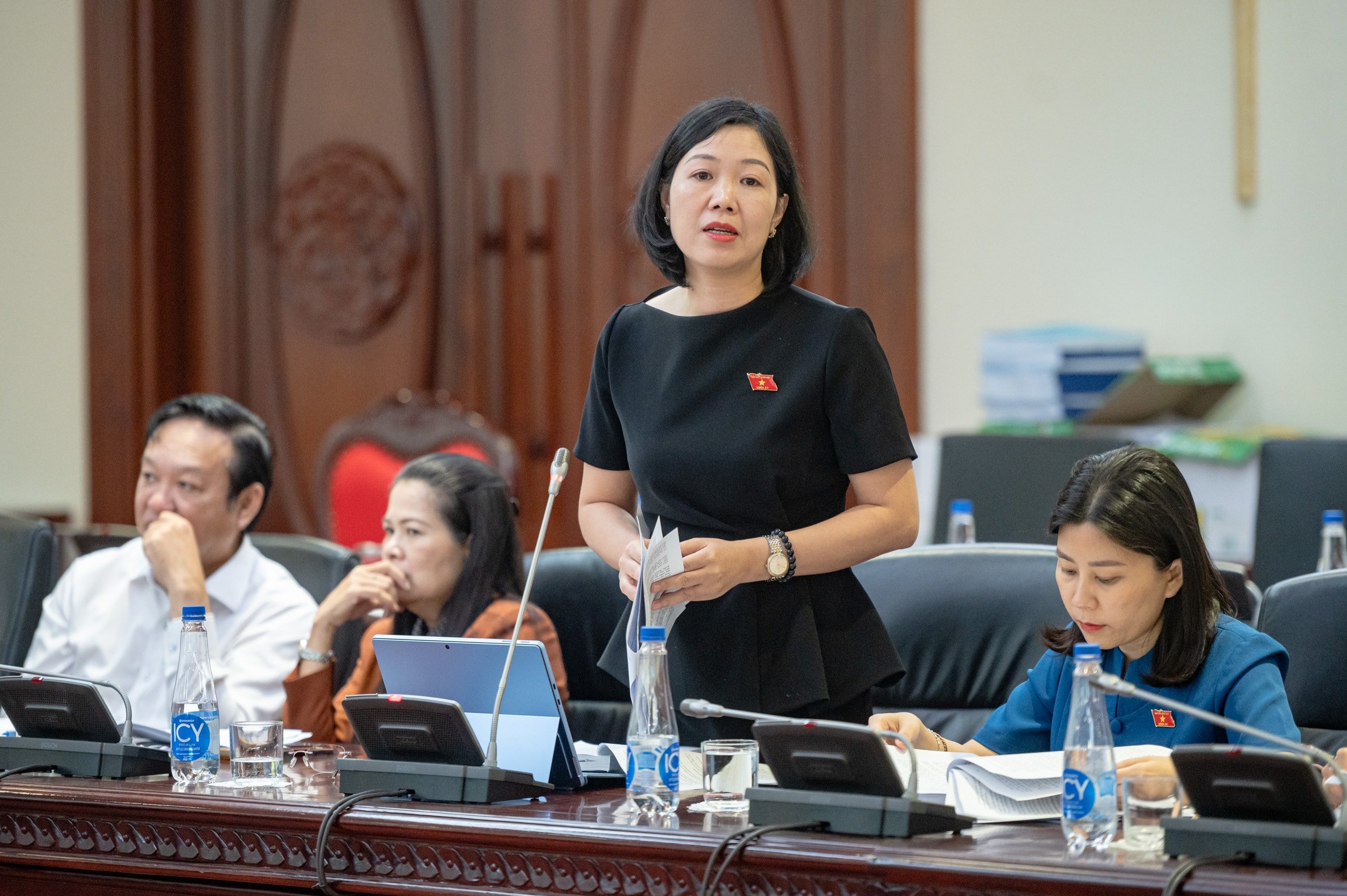
From local practice, Ms. Nguyen Thi Lan Anh said that the lack of mobile signal in remote villages and hamlets greatly affects the lives of local people, especially in the context that our country is promoting digital transformation, and state management work from the central to local levels is being brought into the digital environment.
Along with the policy of developing infrastructure for digital transformation, Ms. Nguyen Thi Lan Anh proposed that it is necessary to pay attention to the policy on data security, ensuring connection and data interoperability, because in reality, state management agencies are actively transforming digitally and each agency, ministry and branch manages a separate database, without connection and interconnectivity, leading to difficulties and limitations in implementing administrative procedures as well as in state management in general.
Source: https://daibieunhandan.vn/du-thao-luat-chuyen-doi-so-tao-hanh-lang-phap-ly-dong-bo-thuc-day-chuyen-doi-so-quoc-gia-10390017.html






![[Photo] Parade to celebrate the 50th anniversary of Laos' National Day](/_next/image?url=https%3A%2F%2Fvphoto.vietnam.vn%2Fthumb%2F1200x675%2Fvietnam%2Fresource%2FIMAGE%2F2025%2F12%2F02%2F1764691918289_ndo_br_0-jpg.webp&w=3840&q=75)
![[Photo] Worshiping the Tuyet Son statue - a nearly 400-year-old treasure at Keo Pagoda](/_next/image?url=https%3A%2F%2Fvphoto.vietnam.vn%2Fthumb%2F1200x675%2Fvietnam%2Fresource%2FIMAGE%2F2025%2F12%2F02%2F1764679323086_ndo_br_tempimageomw0hi-4884-jpg.webp&w=3840&q=75)
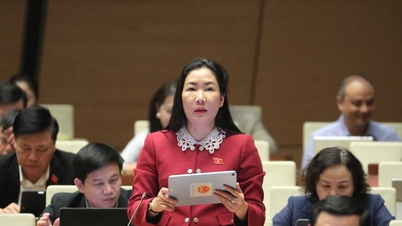
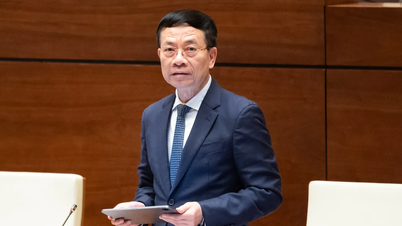


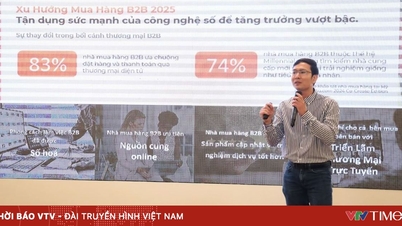

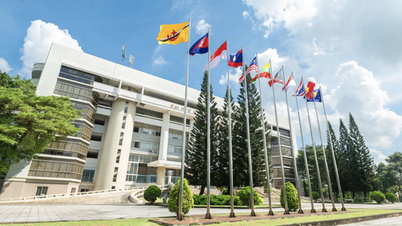



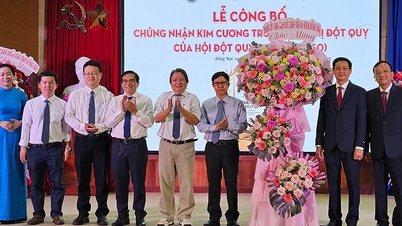

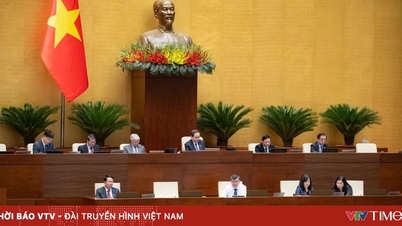


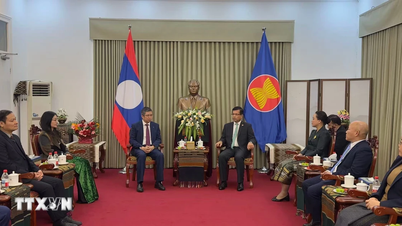
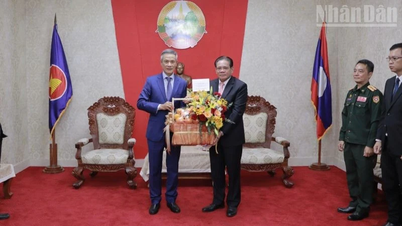

![[Video] Urgently preparing for the inauguration and groundbreaking ceremony of projects to welcome the 14th National Party Congress](https://vphoto.vietnam.vn/thumb/402x226/vietnam/resource/IMAGE/2025/12/02/1764691316170_dung00-16-00-06still005-jpg.webp)




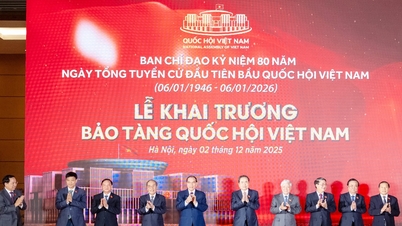
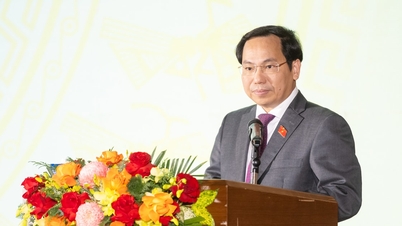
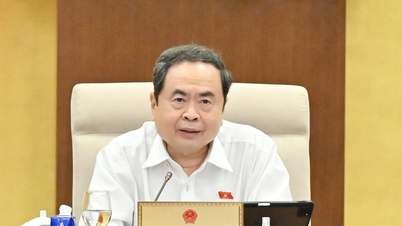
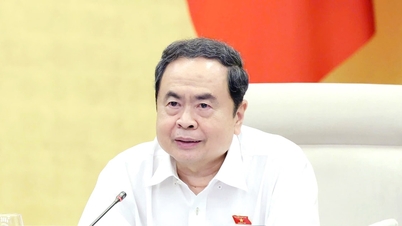
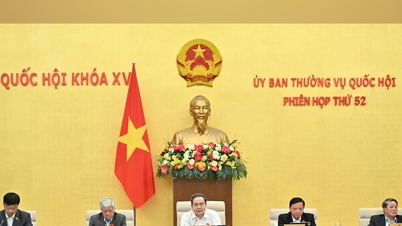
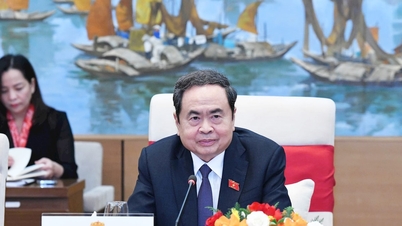
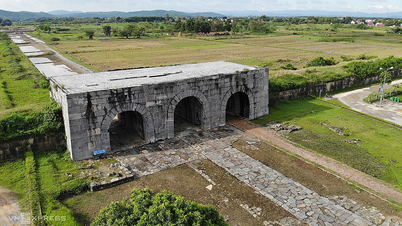


































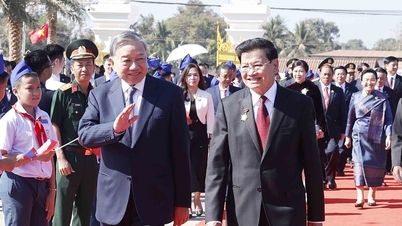



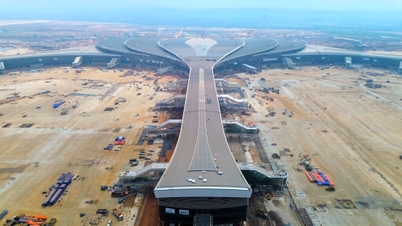



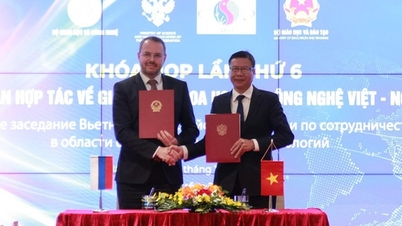
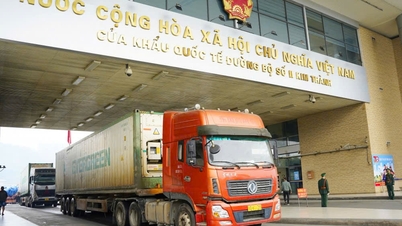



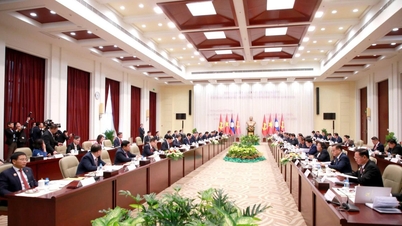




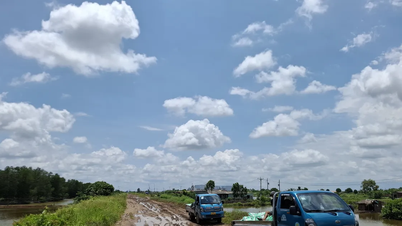
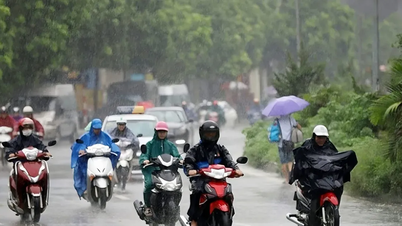
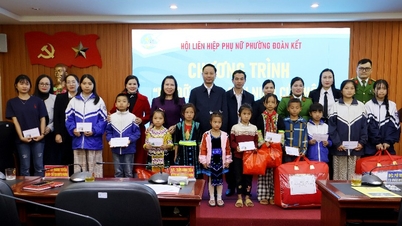













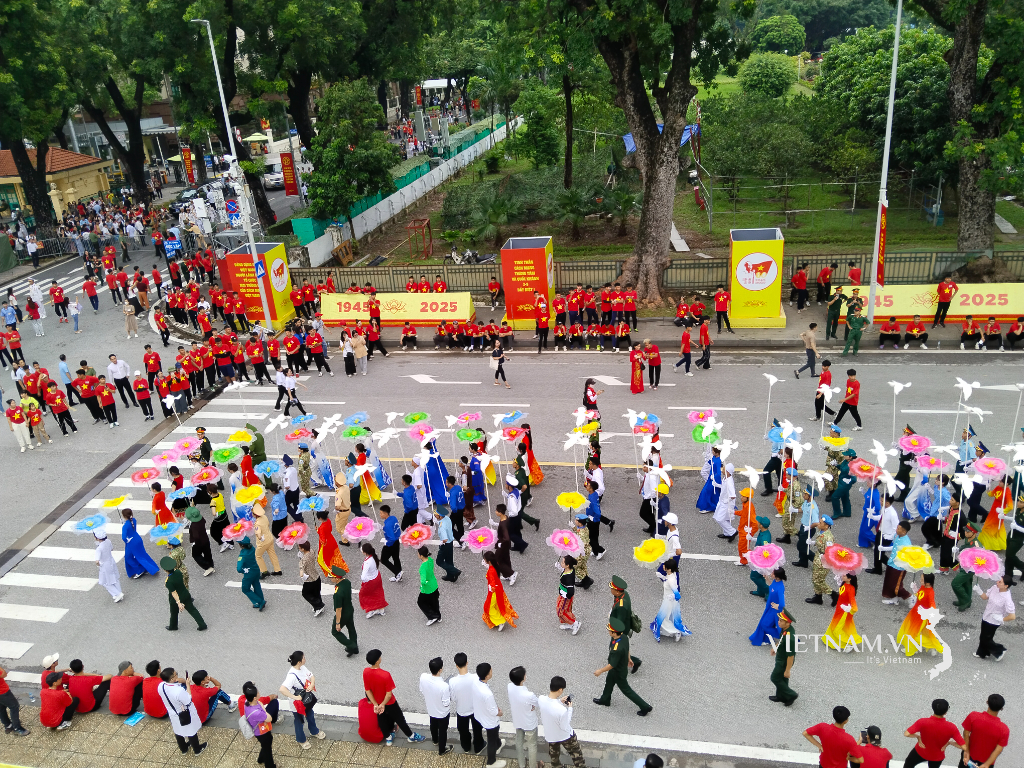



Comment (0)